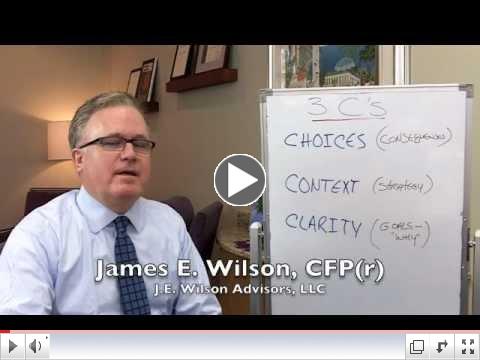The One Thing
Over the past three decades, we have advised clients in almost every conceivable financial condition. The pre-dominant question folks bring here is a desire to prepare for the future. To plan for the future means that we generally must put aside, or save, something from our income today. There is really no way to finesse this point. If we spend 100% of our income and save nothing, by definition we have no financial future. In order to spend in the future, we have to save today. The Thomas More quote (which may be a pre-cursor to the idiom about "money burning a hole in your pocket"), is applicable to many today.
In previous eras, the concept of saving seemed well engrained into the culture and most clients that we saw fit into the category of "savers". This has gradually changed and today, clients in their peak earning years that are consistent "savers" might be the minority of those we see. This is doubly troubling because the lifestyle expectations are generally higher but the resources lower (due to poor savings habits). Add onto this equation longer life expectancies and we have an almost unworkable formula.
The old rules of thumb about saving need to thrown away. Most people will need to save 15-20 %( or more) of their earnings on a consistent basis for many years in order to project a reasonable retirement. The difference can't be made up with extraordinary investment returns as some clients might believe. Regular savings provides a structure for making ongoing financial decisions with a high degree of certainty. Conversely, those that don't save or depend on an inheritance or some other type of one time influx don't create the same foundation for making good decisions.
Our latest video (about 3 minutes) discusses some of these connections between choices and consequences along with a glimpse into 2012.

We look forward to working with you in the year ahead.
- James E. Wilson, CFP®
 My Blog
My Blog
A Call to Action:
Do you practice preventive medical care or car maintenance? How about Preventive Financial Planning? More in two weeks.